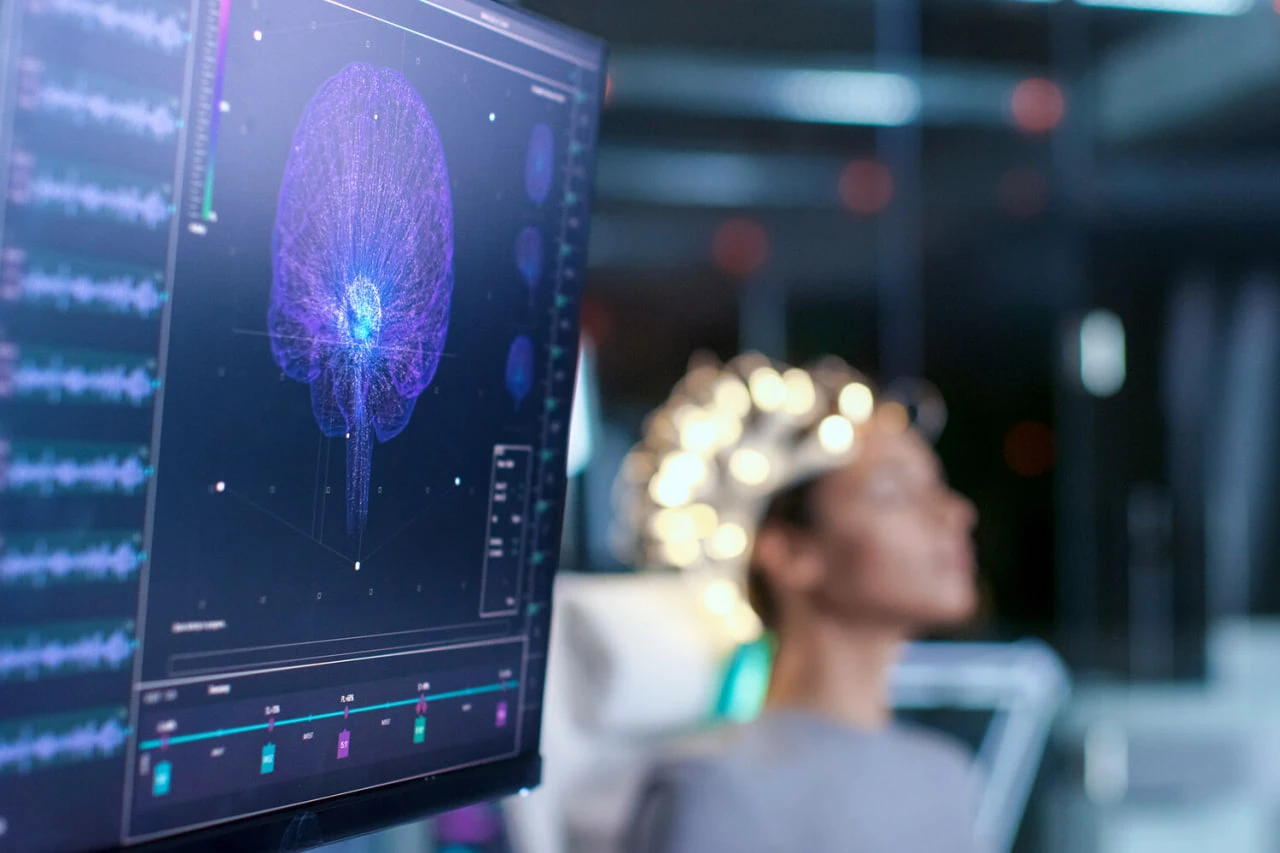Scientists have found that Dofamine can "attribute" memories



Ani Ohanyan and her daughter are already in Russia. what publications does he make (photos)
Who will be lucky today? Horoscope for January 14
Four zodiac signs that will have spectacular success in January: the stars promise many possibilities
Premiere. Tigran Asatryan-"Prelude"
What do the stars suggest today? January 5 horoscope
Financial week. What signs do the stars promise unexpected profits?
Let the girls find their grooms and the grooms find their brides. Ashot Ghazaryan
Anna Maxim's New Year's photo shoot
Money will fall like snow on these signs. Volodina named those who will be the most successful in 2026
New Year 2026 traditions. How to welcome the Year of the Red Fire Horse to attract money
In the USA, the entrepreneur distributed 240 million dollars in bonuses to the employees
Dolina agreed to leave the apartment she sold
Bezrukov is demanding compensation of 500,000 rubles for the sale of masks with his face
A famous singer died due to electric shock
Christmas will bring incredible happiness to the zodiac signs. who's on the list
Premiere: Tatev Asatryan - Snow (video)
That's what I wrote on my mother's grave. An exciting post by Nazeni Hovhannisyan
What does blogger Nina Titanyan look like after losing 30 kg (photos)
Grab luck by the tail and don't lose it. December 21 will mark the beginning of a bright period for the three zodiac signs
The end of December will give love to three zodiac signs